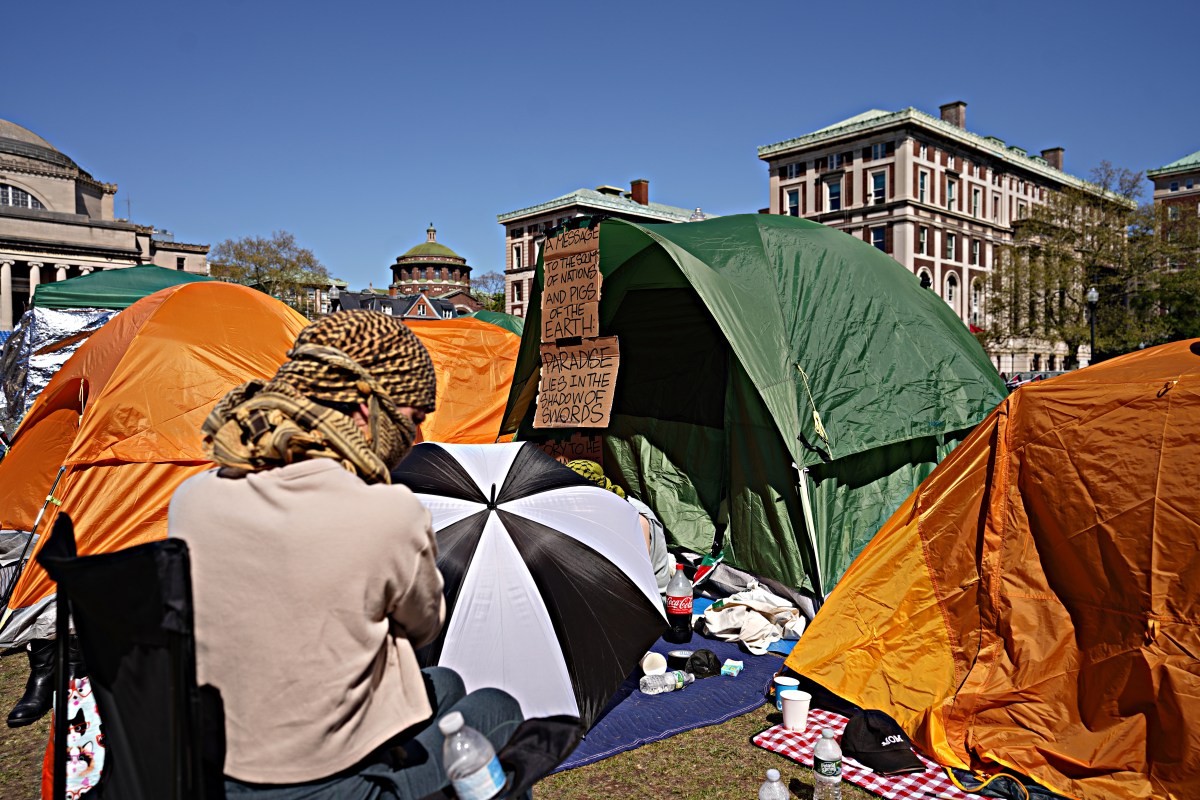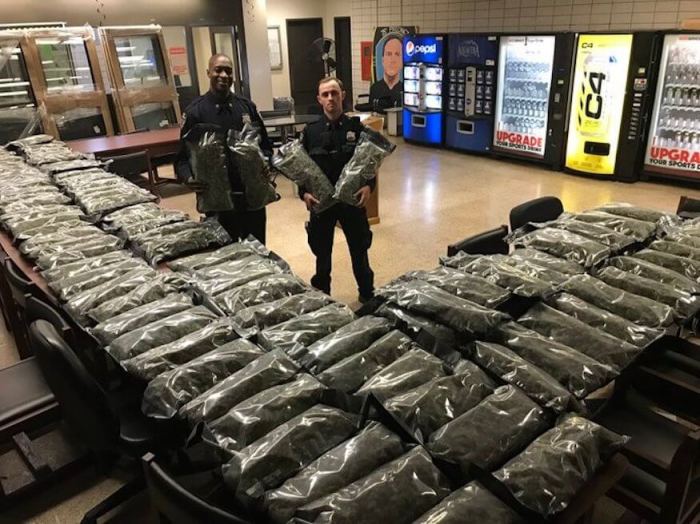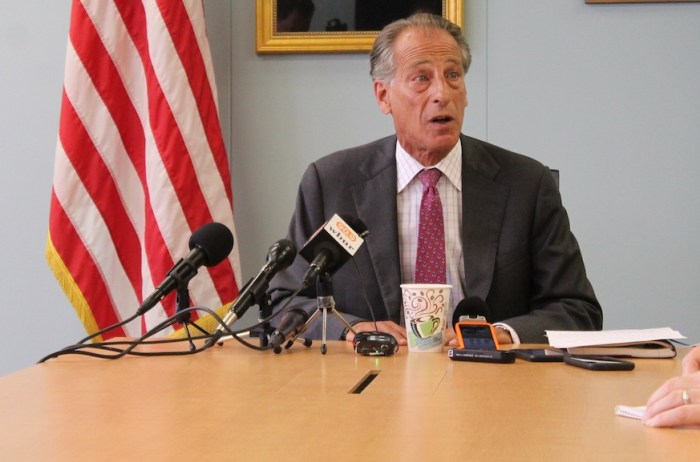Massachusetts’ fractured pro-pot movement was on full display Tuesday as the state welcomed its sixth medical marijuana dispensary in Lowell.
Across the street from the ribbon-cutting for Patriot Care’s new facility in that city were protestors organized by MassCann, a group that cemented its role as the leader of the state’s legalization efforts over decades of rallies and advocacy. MassCann opposes Patriot Care’s ties to lobbyist Daniel Delaney, who opposes the current push for recreational legalization via ballot initiative. Delaney, of Delaney Policy Group, is a registered lobbyist for Patriot Care. He is also running a campaign to oppose a ballot measure that would legalize recreational weed in the state. “At the very least we view this as a conflict of interest that should be addressed,” MassCann’s leaders wrote in a statement. “We believe these political goals to be nothing more than an attempt to scuttle the chance to form a tax and regulated market of recreational cannabis in Massachusetts, thus securing the medical monopoly they desire.” RELATED: Massachusetts lawmakers learning about recreational pot
Boston.com first reported on Patriot Care’s affiliation with Delaney in January. In an interview, spokesman Dennis Kunian said the company’s contract with Delaney’s services is only to help it navigate state law and communicate with legislators. He said that Patriot Care is focused solely on medical care, isn’t advocating for or against the ballot initiative and is “not concerned at all” about the competition full legalization could bring. He also spoke out against protestors for pressuring the company to sever ties with their lobbyist.
“I’m not going to be threatened, and my company Patriot Care is not going to be threatened or bullied, because of the fact that somebody is uncomfortable about an outsourced consultant we have working for us,” Kunian said. He said he isn’t “philosophically” opposed to recreational use, but believes the ballot question’s version is “a bad fit for Massachusetts.” He also did not support the now-defunct ballot campaign run by Bay State Repeal, he said. “I just really, honestly, truly think this is a poorly crafted piece of legal language,” he said.
Just a handful protestors were there for the facility’s Tuesday ceremony, but the fact that the opposition took place at all speaks to the splintering of efforts to legalize marijuana in the state – which until recently moved along in steady increments and had mostly been unified. Voters decriminalized possession of small amounts of the drug in 2008, then legalized it for medical use in 2012. Voters could approve full legalization in November, 2016.
Patriot Care also plans to open a dispensary in downtown Boston, as well as one in Greenfield.
Dispensaries run by different companies have so far opened in Salem, Ayer, Brockton, Brookline and Northampton. The first, Alternative Therapies, Inc., in Salem, opened in June of last year. Eleven others have gotten provisional approval from the state to open at dates to be determined. RELATED: Pro-pot activist Bill Downing speaks out on drug charges
A group called the Campaign to Regulate Marijuana Like Alcohol is leading the ballot initiative push in the state for full recreational legalization – which, like in Colorado, Oregon, Alaska and Washington state, would allow people to buy and use marijuana without a prescription.
The proposal voters in Massachusetts will likely consider would create new taxes for pot sales, set up strict regulations for dispensaries and limit how much of the plant an individual can grow on their own.
That effort has not been immune to criticism. A rival, more libertarian bid for recreational legalization from a group called Bay State Repeal did not succeed in collecting enough signatures to secure a spot on the November ballot. Its leaders have not joined forces with CRMLA and have continued to oppose it.
Another pot-related battle is currently underway. MassCann’s Bill Downing is awaiting a judge’s decision on whether he will face distribution charges. Police have alleged he sold marijuana products out of an Allston storefront. He contends he sold oils, creams and cosmetic products derived from hemp, which contained no — or only negligible amounts — of the drug’s high-inducing chemical THC.
This story has been updated with comments from Daniel Delaney, of Delaney Policy Group, and Patriot Care spokesman Dennis Kunian.

















